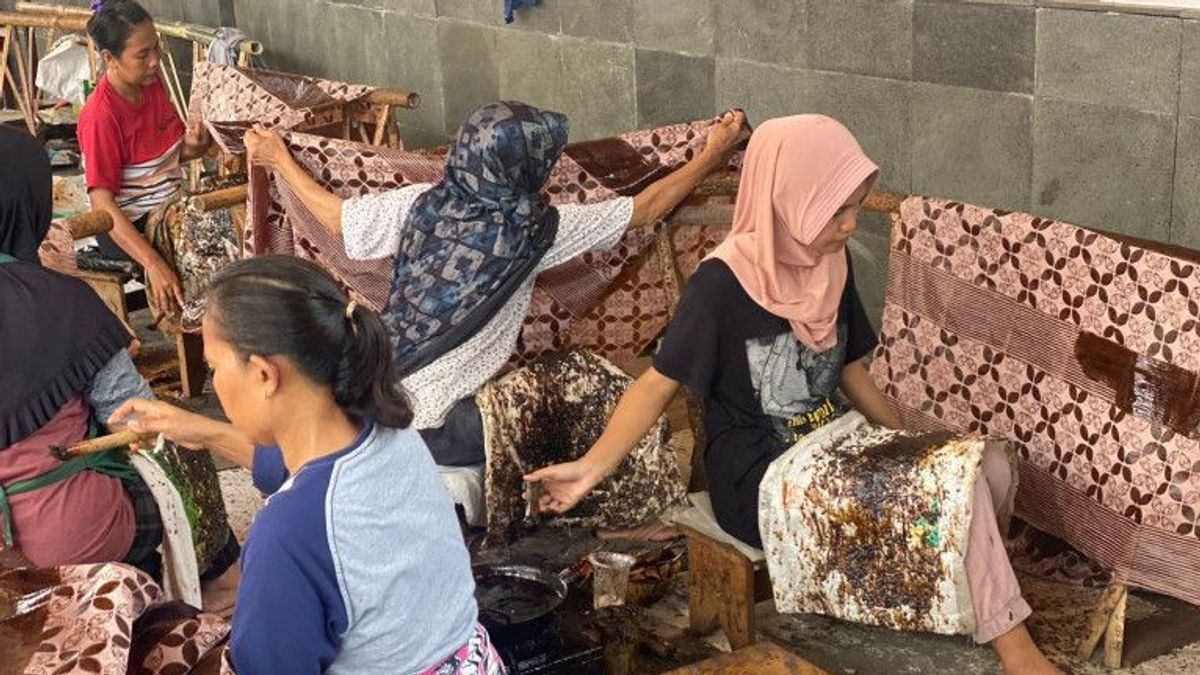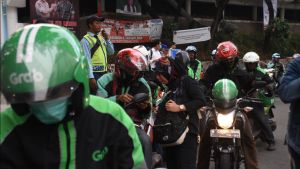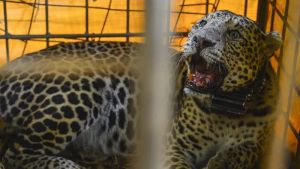YOGYAKARTA In this article will be discussed the history of Batik Trusmi Cirebon, one of the stunning cultural heritages in Indonesia.
The Batik Trusmi Center is located in Plered District, about five kilometers west of Cirebon City, West Java. This popularity earned the area of origin the nickname Kampung Batik Trusmi.
In this village, there are more than a thousand batik craftsmen who work every day. In addition, the residents of Trusmi Village and local residents such as Game, Kaliwu, Wotgali, and Kalitengah also contributed to the construction of Trusmi Batik.
Based on historical records, Batik Trusmi has existed since the 14th century, masehi. Batik trust is first developed at the Cirebon Palace during the leadership of the efficacy of simplicity and Kanoman.
According to the website of the West Java Province Tourism and Culture Office, Batik Trusmi was first known from a folklore in the 14th century where there is an area that has many plants.
Initially, local residents cut down plants, but these plants always grew so that the area was called Trusmi Village which means they continue to blossom.
The location of Trusmi Village is in Cirebon Regency, and is about five kilometers from the center of Cirebon City.
Before becoming a batik center, Trusmi was an ordinary area. Sejarag Batik Trusmi came from Ki Buyut Trusmi, he was the eldest son of Raja Pajajaran or better known as Prabu Siliwangi.
Ki Buyut Trusmi together with Sunan Gunung Jati spread Islam, especially in the village area of Trusmi.
Not only teaching religion, they also teach batik skills to local residents.
Furthermore, the Sultan of the Cirebon Palace asked the residents of Trusmi to make batik like his, but the motive could only be shown without seeing the original batik.
The residents then made batik according to the orders of the sultan, when the batik process was complete, the resident asked the Sultan for original batik and then he wrapped the two batik (original and artificial) together. Trusmi residents can make the same batik as the original.
Trusmi's batik skills were recognized by the sultan and until now, batik production in Trusmi Village continues to grow.
Summarized from various sources, Monday, April 29, 2024, the following are the characteristics of Trusmi Cirebon Batik when compared to batik production from other regions:
That's information about the history of Trusmi Batik. Hopefully this article can add insight to the loyal readers of VOI.ID.
The English, Chinese, Japanese, Arabic, and French versions are automatically generated by the AI. So there may still be inaccuracies in translating, please always see Indonesian as our main language. (system supported by DigitalSiber.id)










